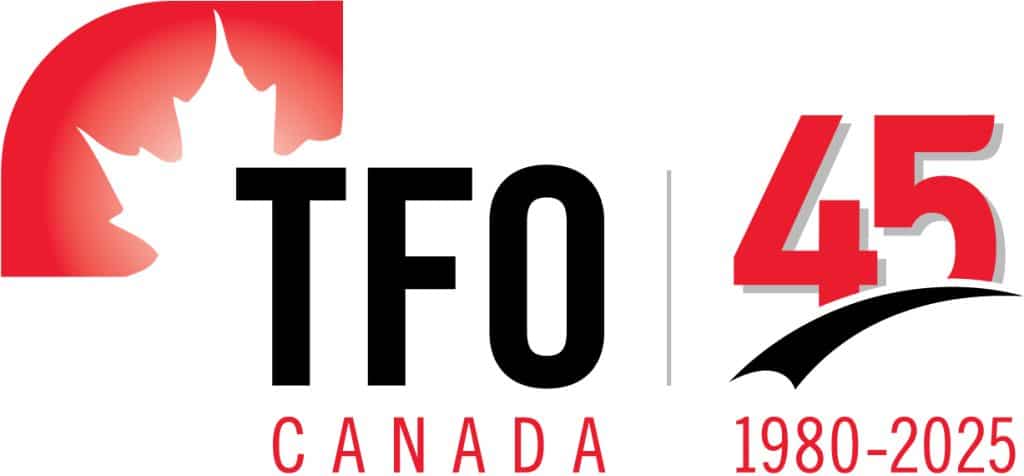In January 2014 when we embarked upon our brand-new 5-year Canadian Market Access and Capacity Building Services project (CMAS) the government was engaged in connecting Canada globally through the signing of bilateral free trade agreements (FTAs).
Global trade and development evolution
Over the five years, we have observed and participated in several changes in perspectives on trade, development and poverty reduction. New mechanisms, policies and tools, impacting ‘business as usual’ in the world of international trade and development, were implemented by governments and multilateral agencies such as the World Bank’s 2030 Agenda, the United Nations’ Sustainable Development Goals (SDGs) and the World Trade Organization Trade Facility Agreement. In Canada we embarked upon a progressive trade agenda especially when it came to negotiating new trade agreements, and an unprecedented “Feminist International Assistance Policy.”
Canada increasing its economic and social footprint through a progressive trade agenda
In 2016, Canada’s Minister of Foreign Affairs, Chrystia Freeland, shared our trade agenda with the world during a lecture at the London School of Economics: “Growing Trade in a Progressive Way.” Canada began signing new trade agreements from the perspective of inclusivity – gender, environment and labour rights. New trade agreements include the Canada-Ukraine Free Trade Agreement, CETA and CPTPP. In April’s issue we shared how we can work with you in sourcing suppliers from Malaysia, Mexico, Peru and Vietnam under the CPTPP. Canada also modernized both the Chile and Israel FTAs to include gender chapters through which TFO Canada found an opportunity to empower Aymara women in Chile to access Canada’s market.
The 2018 Fall Economic Statement the government of Canada boasts that it is the only G7 country to have FTAs with all other G7 nations.
TFO Canada supports the economic and social contribution of developing country SMEs
TFO Canada holds a unique position in the trade and development space enabling us to impact the lives of developing country exporters and their communities thereby contributing to an increase in economic activities and to achieving development priorities such as poverty reduction.
We have worked with developing countries to capitalize on FTAs with Canada such as Honduras, Jordan, Panama, Peru, and Mexico in the coffee, fresh and processed foods sectors; with Chile in artisanal home décor and accessories; and Costa Rica and Colombia both in services and processed foods. All activities under CMAS emphasised gender equality, Corporate Social Responsibility and protection of the environment. Our Pacific Alliance (PA) project was pursued while Canada negotiates the Canada-PA FTA.
From the perspective of SDGs, we aligned ourselves with SDG 5 (gender equality) and 8 (decent work and economic growth). Our Artisan Hub project is well-aligned with goal 17 (partnerships) especially 17.11and 17.12[i]. Capitalizing on the Canadian Market Access Initiative (CMAI) with its duty and quota free access to the Canadian market by least developing countries (LDCs), Artisan Hub is an innovative project to promote small and medium enterprises in the specialty textile and garment sector.
CMAS’ international trade impact and alignment with the SDGs
CMAS has contributed to achieving SDG 8 as evidenced by over CAD$18 million in export sales from developing countries, and contributed to SDG 5 with 27% of these export sales realized by SMEs owned or managed by women. Many of our clients’ successes – both Exporters and Canadian buyers – are a result of strong and sustainable partnerships (SDG 17) which are illustrated in our success stories. We thank you for being our sourcing partner enabling us to accomplish our goals under CMAS and for your contribution to impacting developing country small and medium exporters and their communities.[vc_column_text]
[i] SDG 17.11 Significantly increase the exports of developing countries, in particular with a view to doubling the least developed countries’ share of global exports by 2020
SDG 17.12 Realize timely implementation of duty-free and quota-free market access on a lasting basis for all least developed countries, consistent with World Trade Organization decisions, including by ensuring that preferential rules of origin applicable to imports from least developed countries are transparent and simple, and contribute to facilitating market access
[/vc_column_text]
